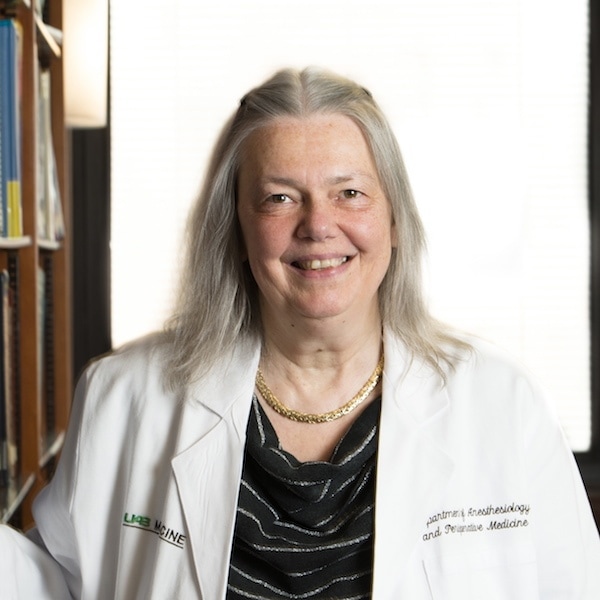I am trained as a neurologist and neuroscientist. For over 30 years my work as a clinician-scientist has focused on chronic pain, especially on chronic pelvic and urogenital pain conditions and chronic pain syndromes in women. These areas are typically under-recognized and considered taboo. Patients are often stigmatized. My translational (‘from bench to bedside and reverse’) research program has ranged from preclinical studies, to human studies and to clinical trials. The long-term goal of my research program is to (1) identify pathophysiological mechanisms contributing to the development and persistence of chronic pain syndromes that will allow to define important new targets for therapy and intervention to reduce and eliminate chronic pain conditions and to (2) identify standardized methods that will allow clinicians and researchers to identify patients at-risk to develop chronic pain and to target those patients for early and tailored interventions.
The research studies on the pathophysiological mechanisms of chronic visceral pain from my lab in collaboration with many collaborators on the national and international level have contributed to a shift in medical practice in the fields of gynecology, urology and gastroenterology, which previously had focused mainly on surgical interventions with the aim to remove the tissue or organ that was considered to be the reason for the pain complaint. As a result, multi-disciplinary approaches based on bio-psycho-social pain mechanisms have been explored to treat patients with visceral pain, similar to other chronic pain syndromes.
I have been fortunate to work with many other clinicians and scientists in the last 15 years in a concerted effort at the national and global level to advance policies based on the knowledge gained in basic science and clinical pain research and to bring the research findings into the clinic as well as to apply them to clinical trial design to advance pain management.


